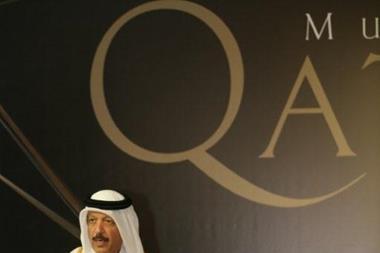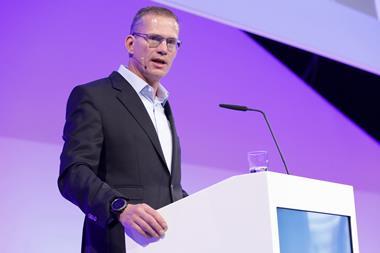Risk awareness is becoming more sophisticated in GCC countries to keep pace with the new needs of the region, but smaller firms are on a learning curve
Risk managers in the Gulf Cooperation Council countries are increasingly adopting more sophisticated risk management techniques such as enterprise risk management, according to panellists at the fifth annual MultaQa Qatar conference. However, much of the activity remains confined to larger companies and smaller firms still lack a consistent approach across their organisations.
Rahat Latif, enterprise risk management lead, corporate planning at Qatar Gas, said he had seen a big change in the risk management approach of the region’s corporations over the four and a half years he has been working there. A particular milestone was the establishment of a regional chapter of the Institute of Risk Management (IRM).
“There is an increasing awareness of the role risk managers have to play,” Latif told delegates during a panel discussion at MultaQa on 15 March. “It is also interesting to note that the IRM has seen the Middle East as a key growth area. The interest has been there and it has not just been superficial. I have seen the growth of the IRM and in the number of risk management roles being established throughout the industry.”
Speaking in a later presentation, deputy chief executive officer for Qatar Financial Centre Regulatory Authority, Michael Ryan, pointed out that the financial crisis and the threat of failure of systemically important institutions had emphasises the need for effective risk controls globally. “Group-wide supervision has become more important,” he said.
Development projects in the region are exposing corporations to more complex risks, driving the need for more sophisticated risk management and more advanced insurance products. While noting that insurance buying was still largely confined to more traditional property risks, Oman Insurance executive vice-president and head of strategy and planning, James Portelli, said certain projects, such as the Emirates Nuclear Energy Corporation’s plans to build the United Arab Emirates’ first nuclear power plant in Abu Dhabi, were broadening risk managers’ horizons.
“Traditionally projects did not push the boundaries of insurance – it was just writing a larger piece of business with slightly different wordings from the traditional ones. Now, because of nuclear and maybe some other risks, there is a need also for more education and awareness,” Portelli said.
But he contended that there was still work to do on consistent risk management approaches, pointing out that some corporate buyers were tackling insurance buying and risk controls separately. “Whereas business continuity management, security, health and safety and environment is dealt with by corporate services, engineering departments and so on, insurance has traditionally been a function of finance and treasury, and there was a disconnection,” he said.
“This is changing. But it’s changing more in the larger corporations – the publicly listed companies, the large government entities – where we are seeing more chief risk officers and risk managers.” SR
Ben Dyson, deputy editor, Global Reinsurance



















